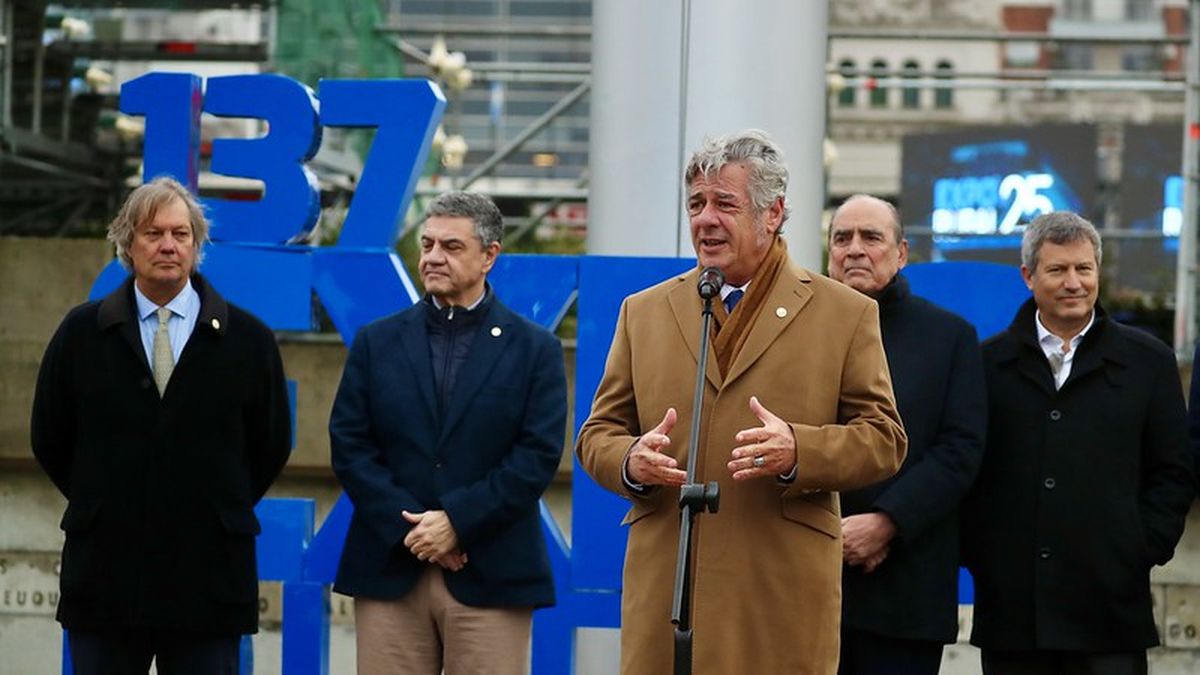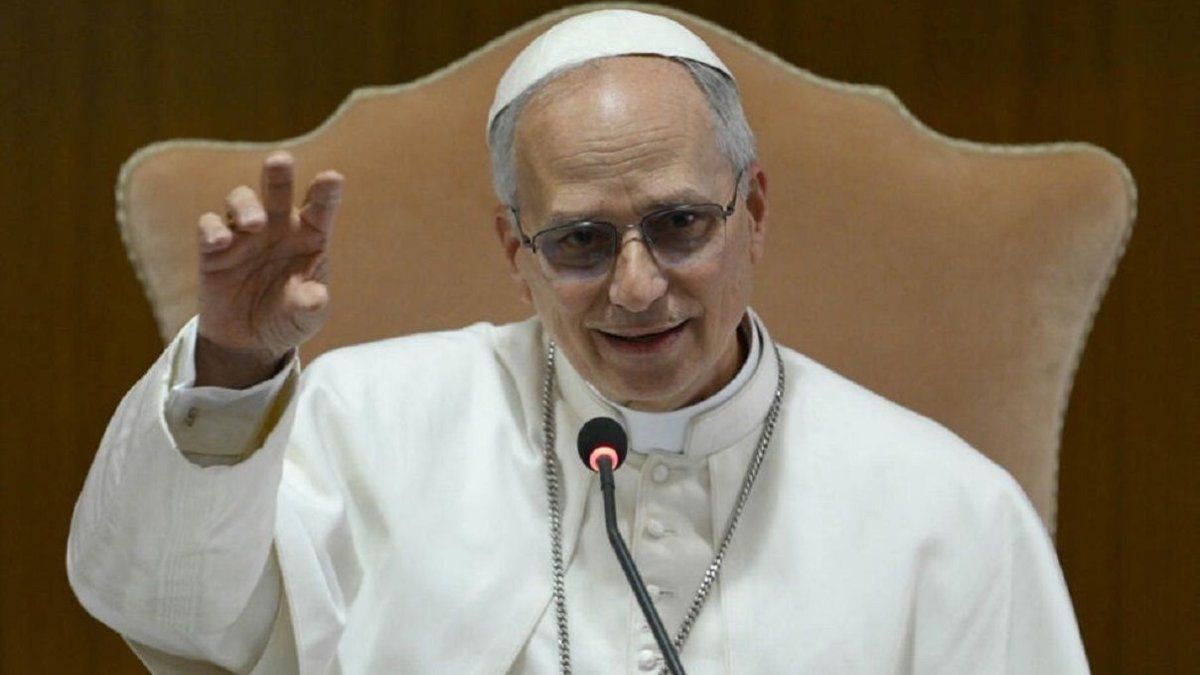Center-right alliance
EPP: Reverse the combustion engine ban, but meet climate targets
Copy the current link
The largest parliamentary group in the EU Parliament is in favor of a change in the so-called combustion engine ban: new cars with combustion engines should also be registered in the EU after 2035.
By far the largest group in the EU Parliament wants to reverse the so-called combustion engine ban. However, the EU climate targets should continue to be met, according to a position paper from the center-right alliance EPP, which also includes the CDU and CSU. More than a year and a half ago, at the urging of the FDP, the federal government advocated that there should be exceptions for so-called e-fuels.
The planned ban on internal combustion engines should be reversed to ensure technology neutrality, the paper says. When revising the relevant EU rules, e-fuels should, among other things, be recognized. “We need all technologies, including those that may not have been developed yet. The combustion ban planned for 2035 must therefore be withdrawn,” said Jens Gieseke (CDU), a member of the EPP group responsible for the issue.
The EU has actually decided that from 2035 only new cars should be registered that do not emit any climate-damaging CO2 during operation. E-fuels are synthetic fuels that can theoretically be used to operate combustion engines in a climate-neutral manner. However, they are relatively expensive and are urgently needed in air transport, for example. Because it is more difficult to operate airplanes electrically on a large scale than cars.
The EU Commission would have to propose changes
The EU Commission, led by Ursula von der Leyen, would have to propose the necessary changes to move away from the so-called combustion engine ban. The authority is the only EU institution that can propose laws and changes to existing laws. In addition, a sufficient majority is needed in the European Parliament and among the EU states.
In mid-July, top German politician von der Leyen promised a corresponding initiative if she were re-elected. In order to achieve the EU climate goals, a technology-neutral approach in which synthetic fuels play a role is required, according to the CDU politician’s political guidelines.
“The conservatives’ policies lead to chaos, uncertainty and damage Germany and Europe as a location for automobiles,” said Green MEP Michael Bloss, criticizing the EPP paper. Instead of years of wrangling, what is needed is clarity and investment security. The environmental organization Greenpeace made a similar statement.
EPP: Avoid climate penalties for car manufacturers
In addition, the EPP advocates in its position paper that possible EU climate penalties amounting to billions of euros for car manufacturers should be avoided. This could be achieved, for example, by assessing compliance based on a three-year average.
Anyone who does not comply with the requirements in 2025 could, for example, compensate for this by exceeding the requirements in 2026. Federal Economics Minister Robert Habeck (Greens) was also open to a similar approach.
According to current EU law, car manufacturers face fines if they exceed the so-called fleet limits for CO2 emissions. The limits are expected to become stricter in 2025. Manufacturers have to pay a fine for emitting too much CO2. “Nobody wants fines in this difficult economic situation,” said CDU MEP Peter Liese. On the other hand, the signal should under no circumstances be sent out that climate protection is no longer important.
Auto industry under pressure
The EPP wants to help the ailing auto industry with its demands. Manufacturers face major challenges. The entire German auto industry is struggling with weak sales figures, especially for electric cars. But the numbers don’t look rosy for other types of drive either.
Germany’s key industry with around 770,000 employees is also confronted with growing competition from China. After Donald Trump’s election victory in the USA, new tariffs could make business in the German auto industry’s most important foreign market more difficult.
In order to boost sales of sustainable vehicles, the EPP believes that EU member states should introduce support programs such as VAT reductions or subsidized leasing.
dpa
Source: Stern




